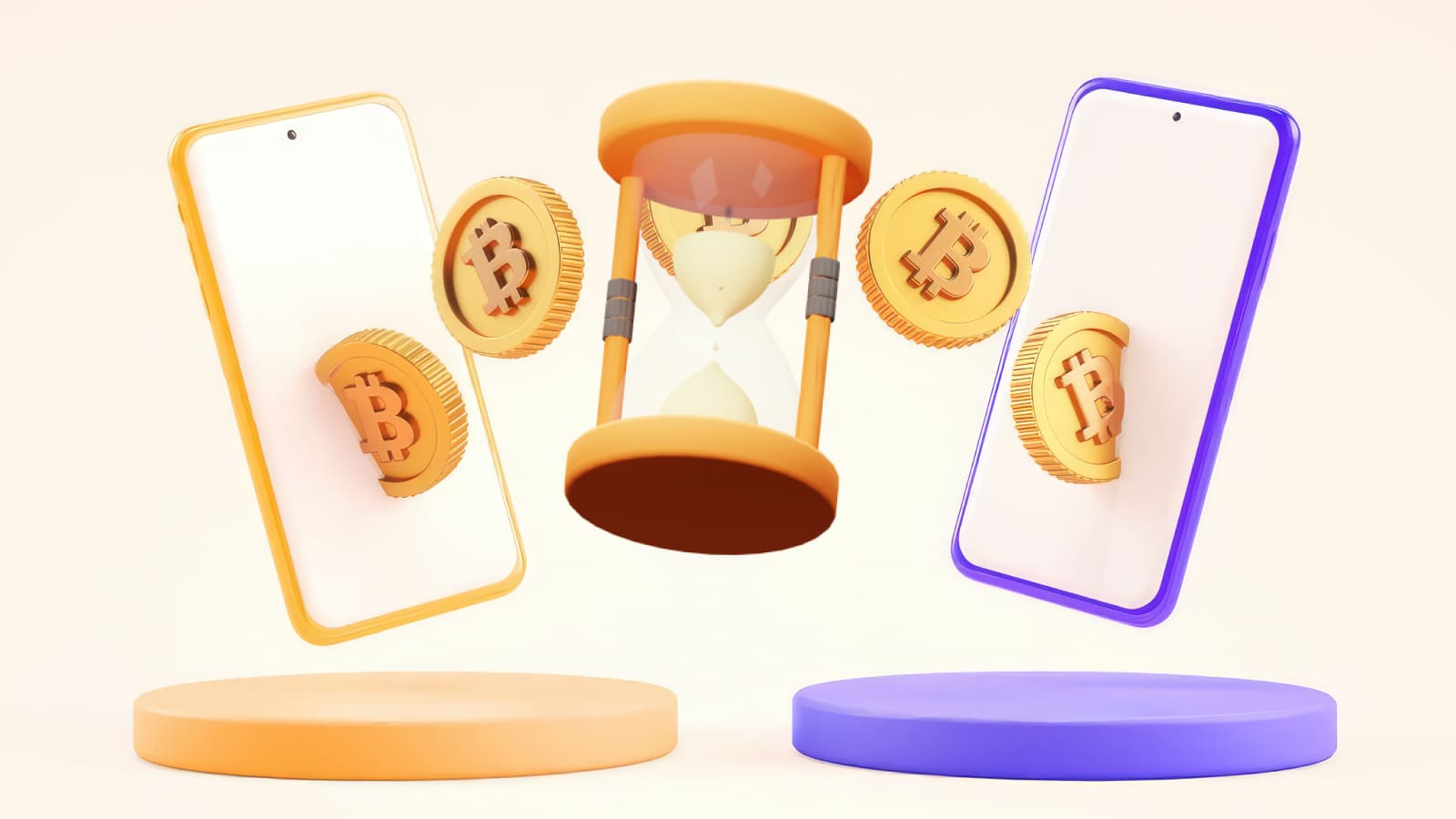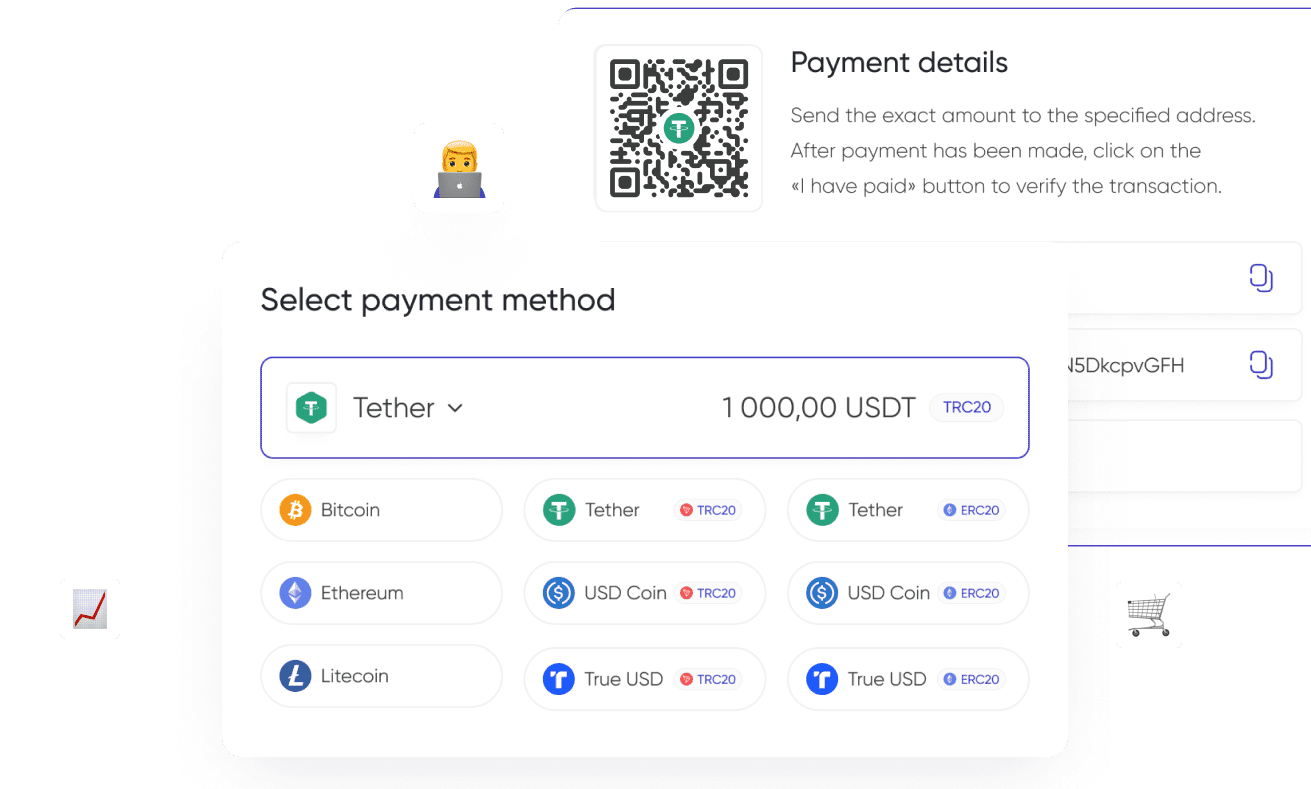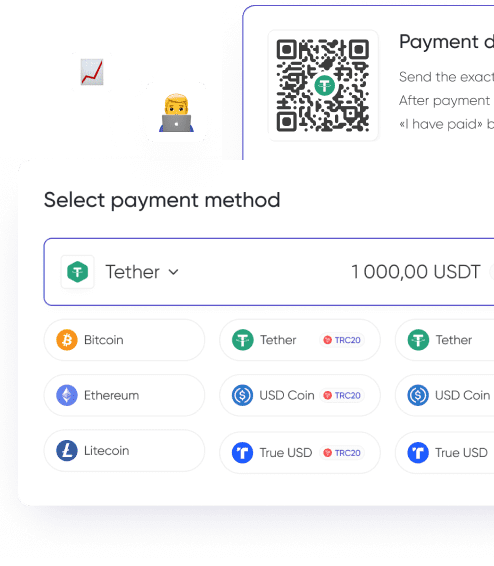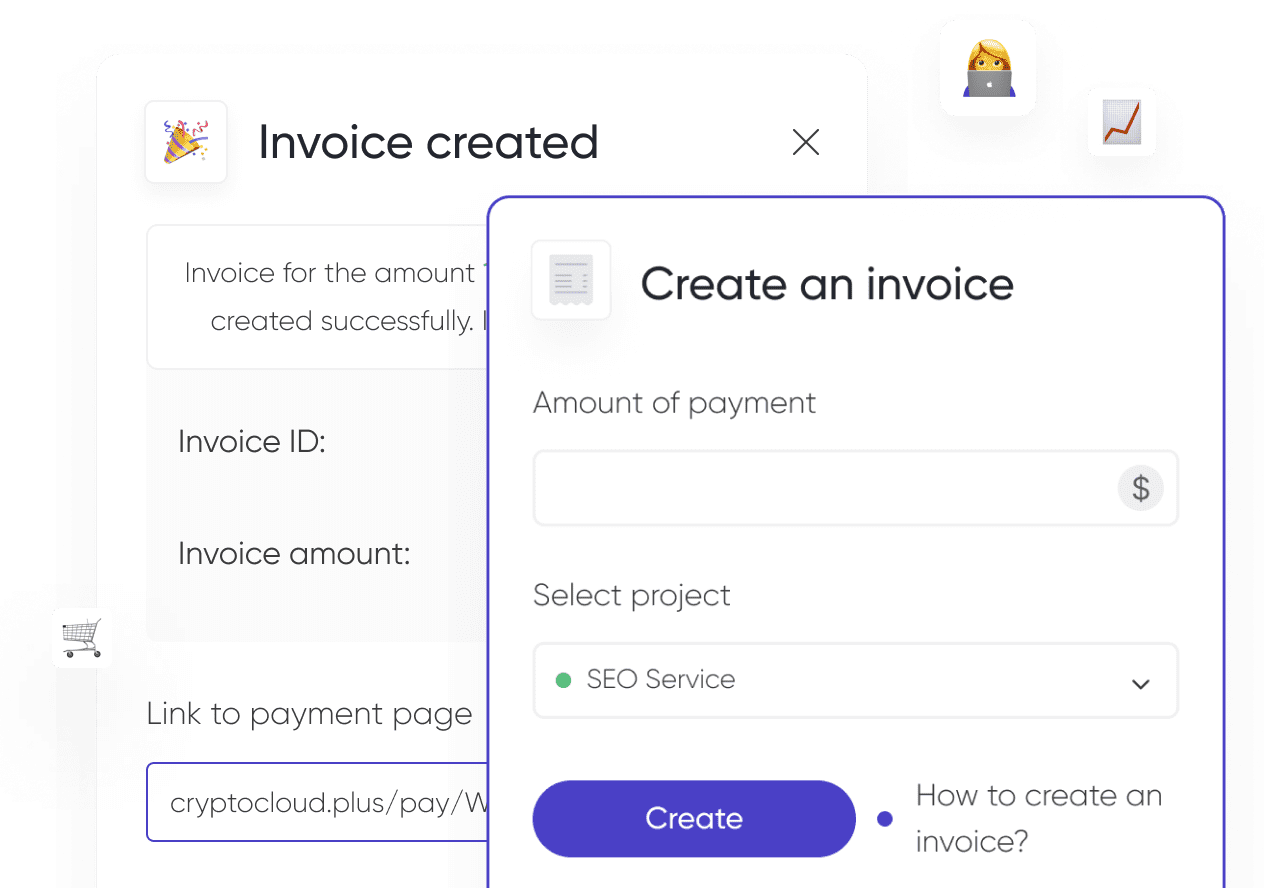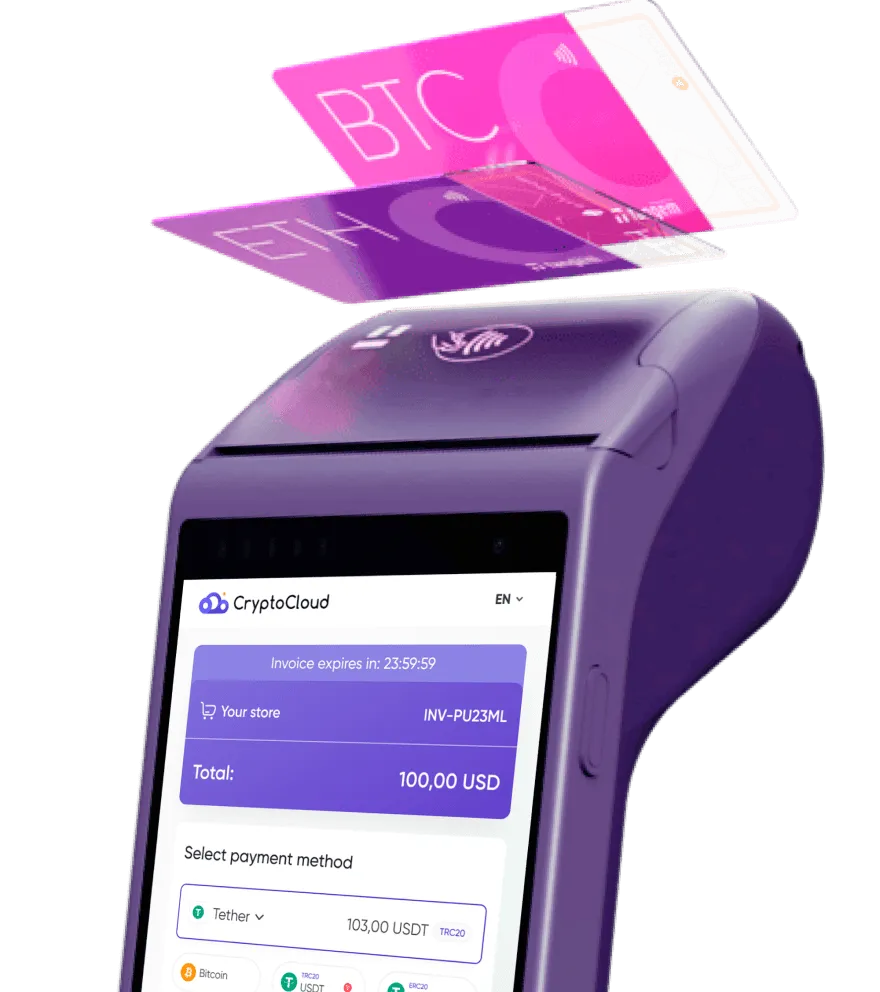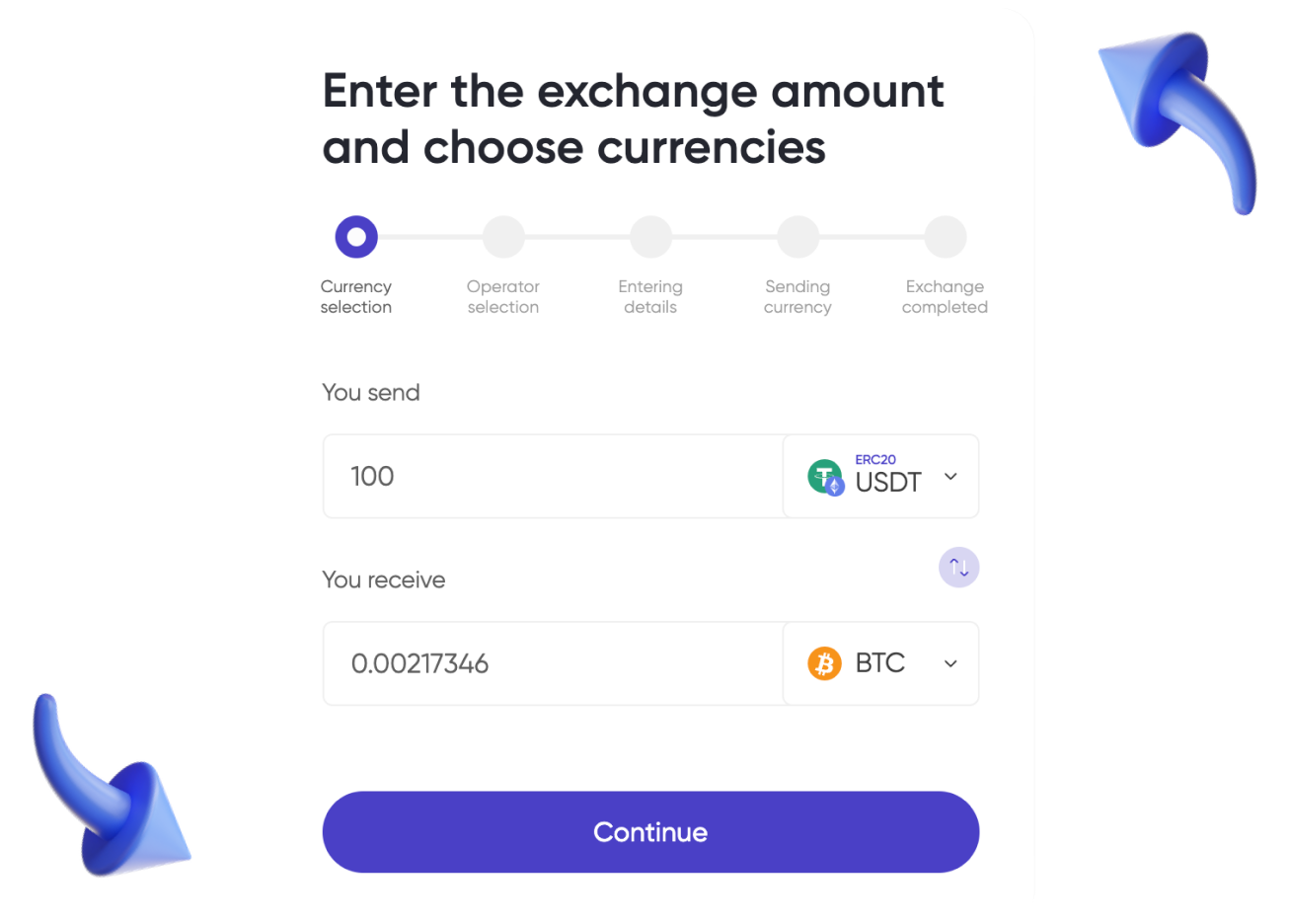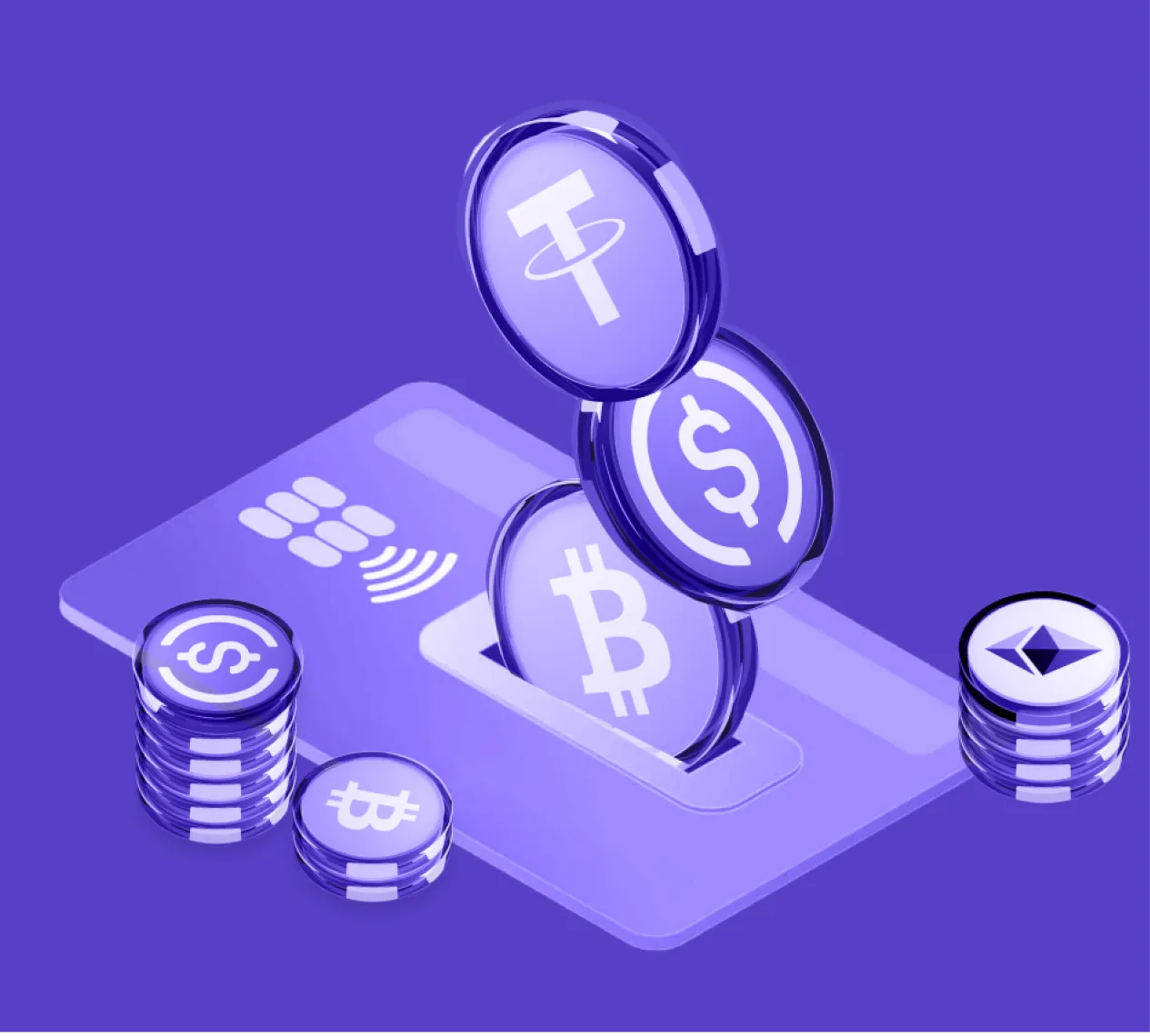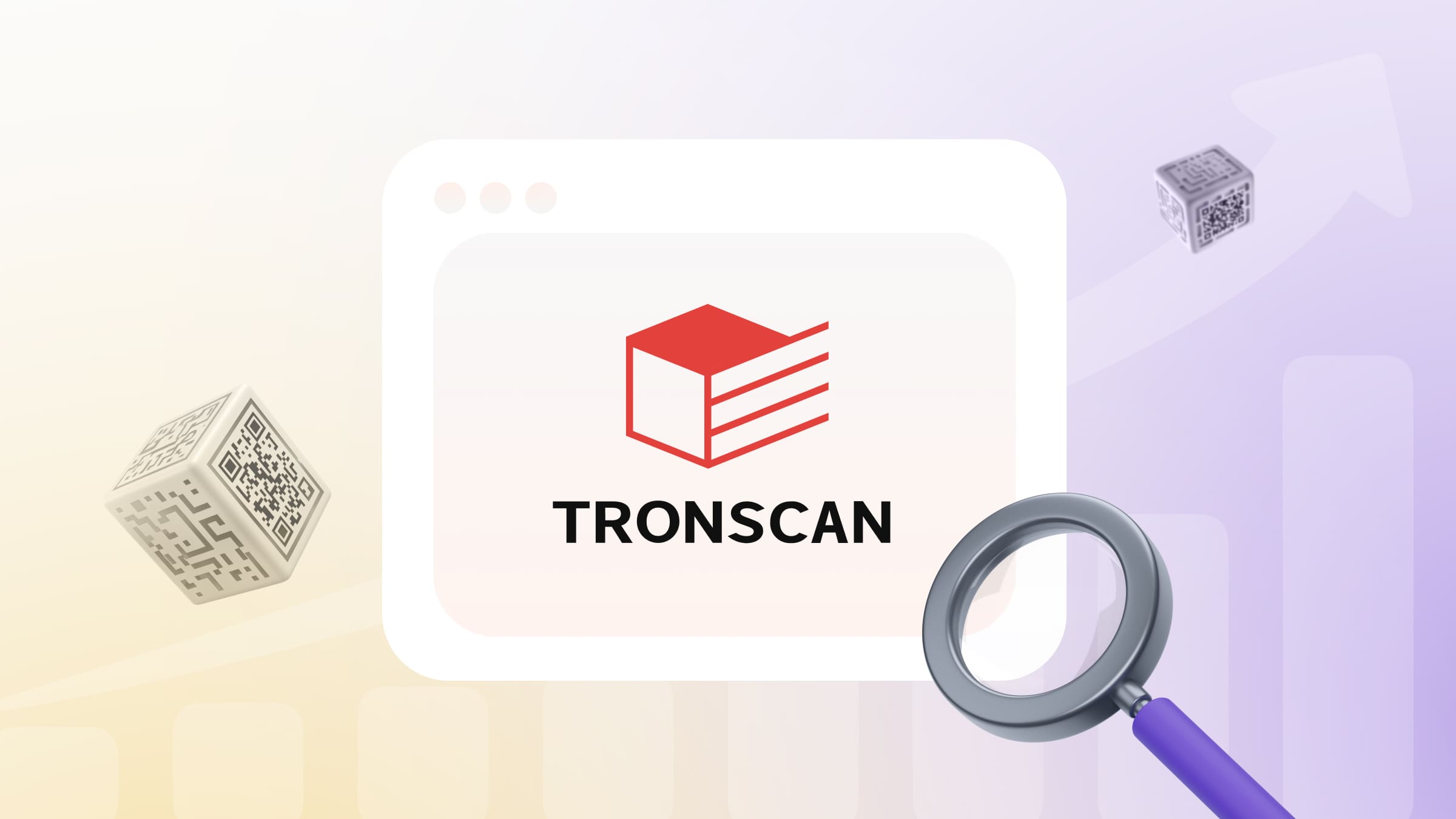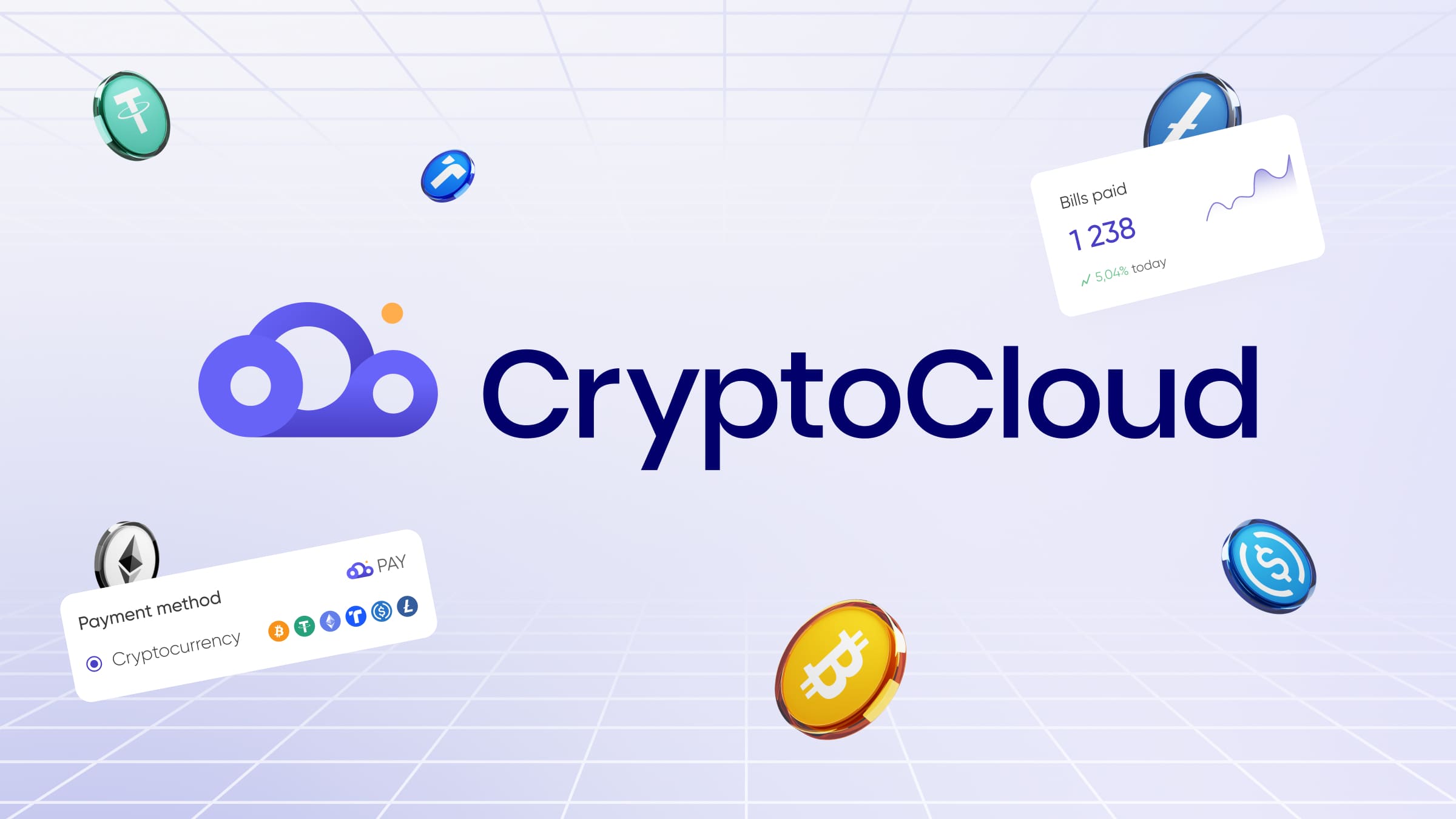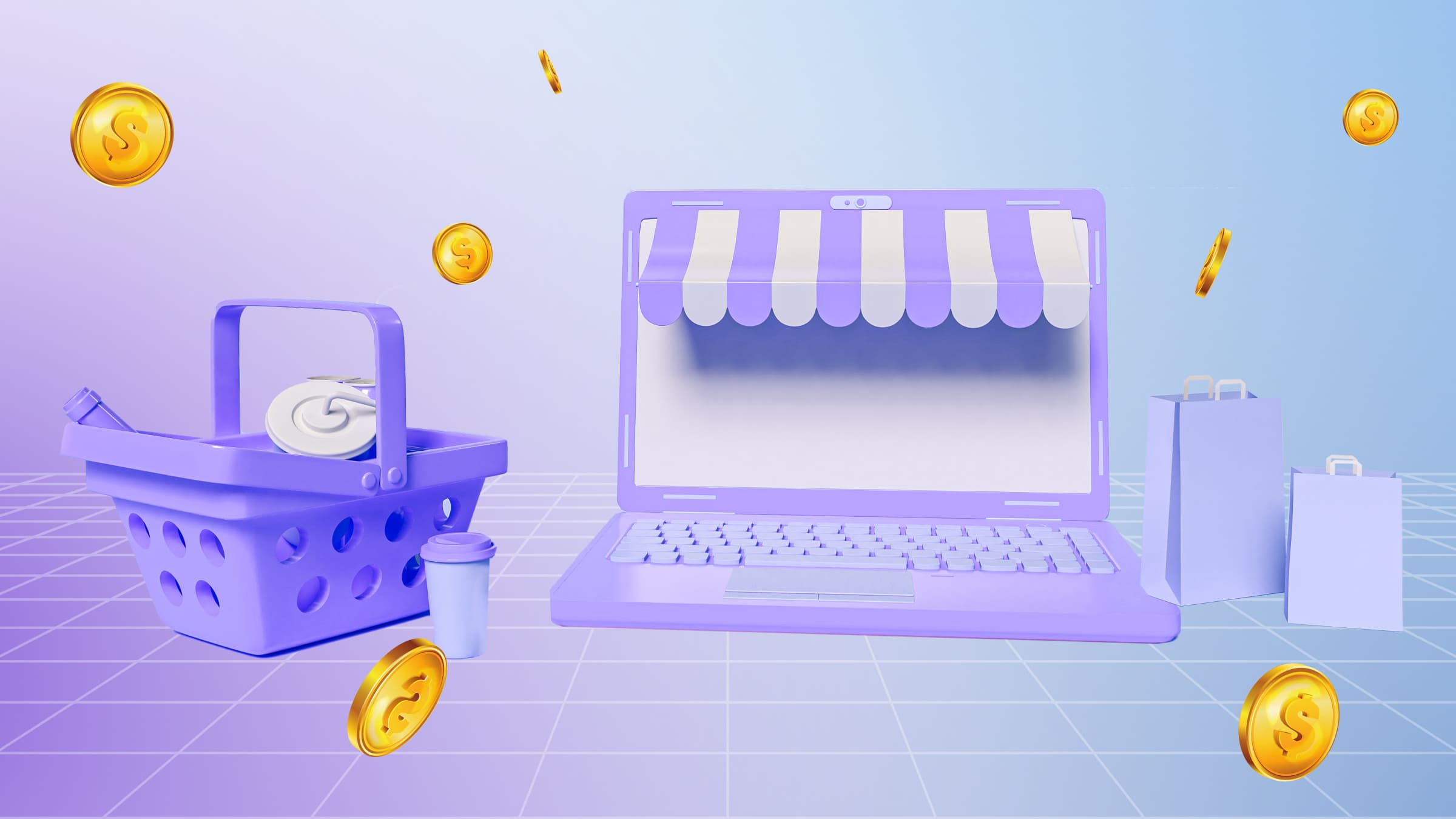Bitcoin payments continue to gain popularity. In November 2021, the value of Bitcoin reached an all-time high of about $69,000. The record transaction volume was recorded in August 2023: over 610,000 transactions were processed in one day.
However, the more people who want to perform Bitcoin transactions, the greater the load on the system that supports its work. Because of this, users may encounter some problems. It is important to understand that Bitcoins and other cryptocurrencies run on a special blockchain technology. It represents cells or blocks of information. Each of them can only contain a limited amount of data, in the case of Bitcoin up to 4 megabytes.
Therefore, sometimes a situation occurs when too many people at the same time want to conduct Bitcoin transactions. Such transactions go into a special queue called a «mempool». In some cases, you have to wait a few days for your transaction to get into the block and be processed.
Nevertheless, there are several ways to speed up Bitcoin payments, which will be discussed in this article.
A Brief Bitcoin Overview
The history of Bitcoin began on October 31, 2008, when Satoshi Nakamoto published an article «Bitcoin: A Peer-to-Peer Electronic Cash System», where described the rules of the system. On January 3, 2009, the initial block of cryptocurrency was created and 50 Bitcoins were mined.
The Bitcoin exchange rate was set on October 5, 2009, which was 13 Bitcoins per 1 cent. The first purchase for Bitcoins was made on May 22, 2010: US resident Laszlo Hanech received two pizzas for 10,000 Bitcoins. This is how Bitcoin entered the real world. In February 2011, its value equaled the dollar. Then interest in Bitcoin continued to grow.
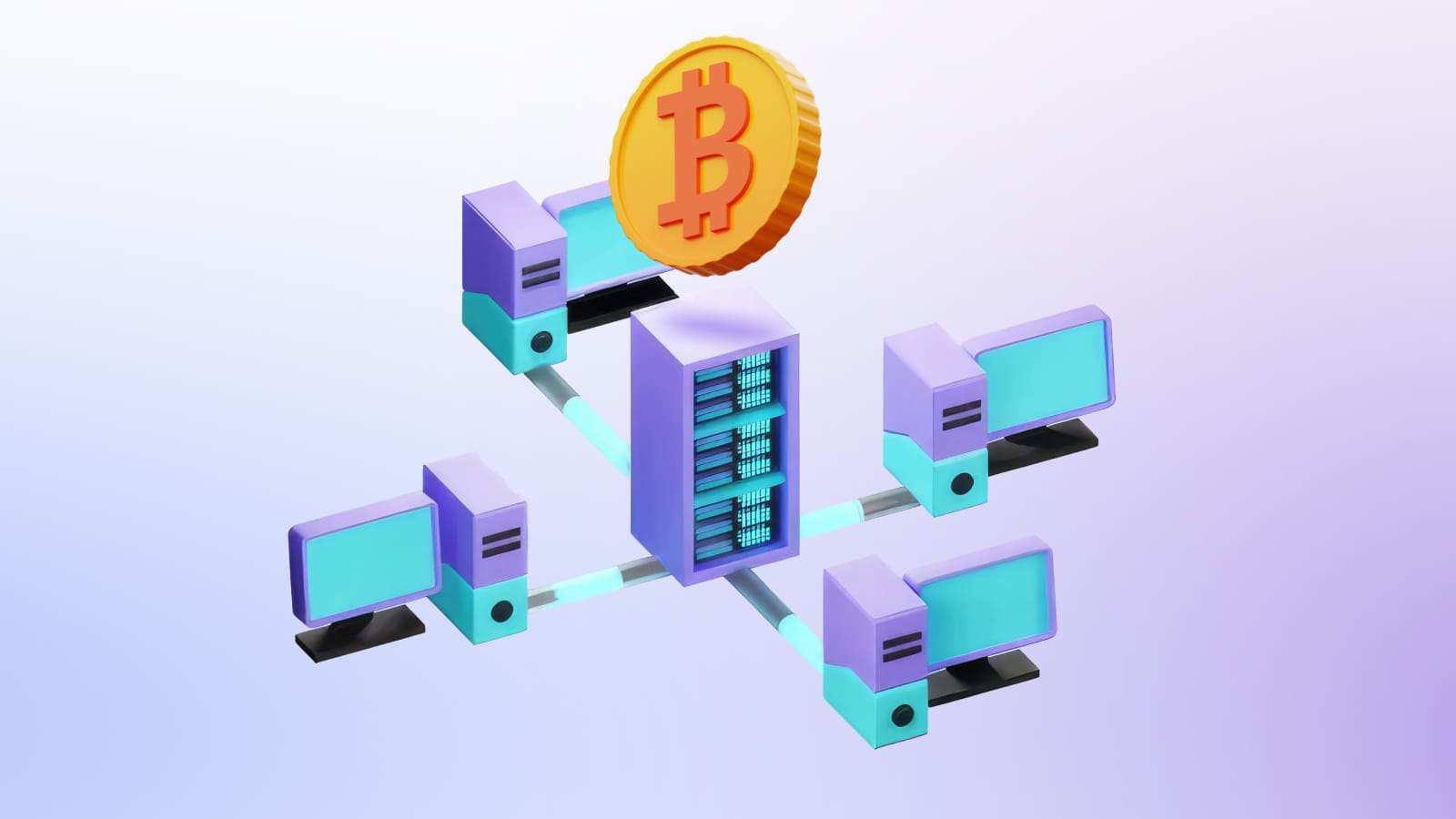
What attracted users to it? Decentralization and anonymity. The principle of work here is simple: data on each Bitcoin transaction is confirmed by miners. They record them in special blocks, which later form a chain (blockchain), to which all participants of the Bitcoin network have access. In order to study it or find a desired transaction users can utilize blockchain explorers.
For their work, miners receive remuneration from the sender — a commission. The size of the commission directly affects the speed of the transaction.
We also recommend reading our article: «What Countries Have Legalized the Usage of Bitcoin».
Factors Affecting Bitcoin Transaction Speed
Transaction fee
The user can calculate the commission amount on their own or specify the amount recommended by the system. Blocks in the chain have a fixed value, and the size of the transaction in bytes can be different. Therefore, first of all, those that have the most favorable for the miner ratio of commission and «weight» of the transaction are selected.
Read more in our article «Understanding Blockchain Network Fees for Smart Transactions».
Network congestion
During a period of sharp rise or fall in demand for transactions, a transaction may hang up. The fact is that BTC processes no more than 7 transactions per second. It is important to remember that when forming blocks, miners give preference to Bitcoin transfers with a high commission.
Get up-to-date information about the current network load can be obtained on the Blockchair website.
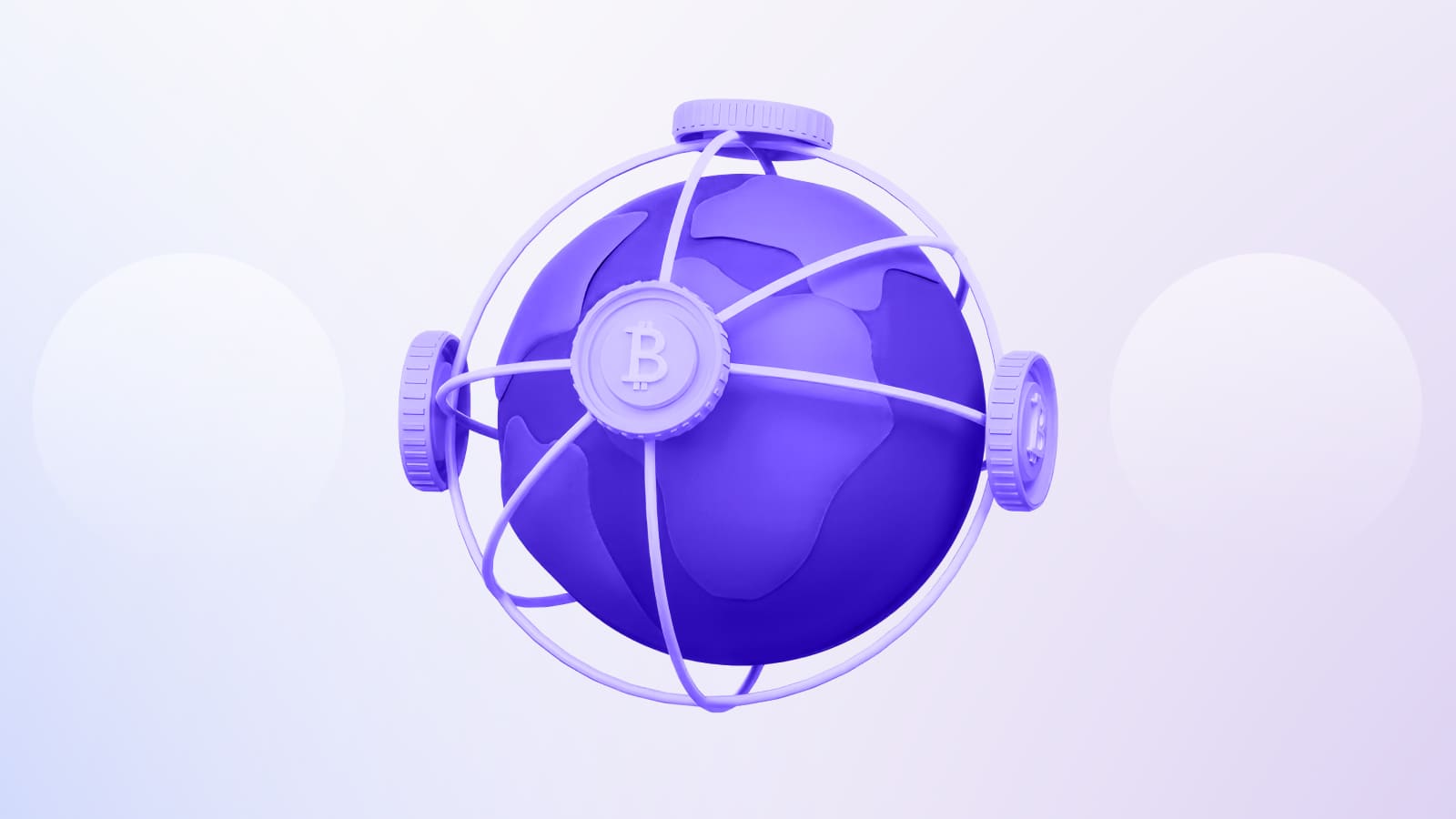
Transaction size
The larger the size of the transaction, the larger the fee: for every 1000 bytes it is common to pay at least 0.0005 BTC. Therefore, the larger the amount of funds intended for transfer, the higher will be its status in the network.
Taking into account these factors, the methods of transaction acceleration are selected.
Methods of Transaction Acceleration
Increasing the amount of the payment fee
The optimal Bitcoin transaction fee is calculated as follows: the «weight» of the transaction in bytes is multiplied by the price of transferring 1 byte in satoshi (1 Bitcoin has 100 million satoshi). «Weight» in addition to the weight of the transaction itself of about 10 bytes, includes the weight of all inputs (about 148 bytes each) and all outputs (about 34 bytes each). The price of 1 byte in satoshi grows along with the demand for transactions.
So, if the transaction weight is 374 bytes and the price of 1 byte is 138 satoshis, the commission is 51612 satoshis or 0.00051612 BTC, or $5.16 if the Bitcoin value is $10,000.
Replace-by-fee (RBF)
If the Bitcoin transfer fee seems insufficient to miners, they take their time to confirm the transaction. However, the amount of the fee can be edited thanks to the RBF (Replace-by-fee) feature. It is supported by popular wallets such as Armory, GreenAdress, Electrum, Exodus, Trezore, etc.
RBF allows to replace an unconfirmed transaction with a new one with a higher commission. In this case, the miner receives commissions for both the new transaction and the old one. The miner will have to confirm both transactions.
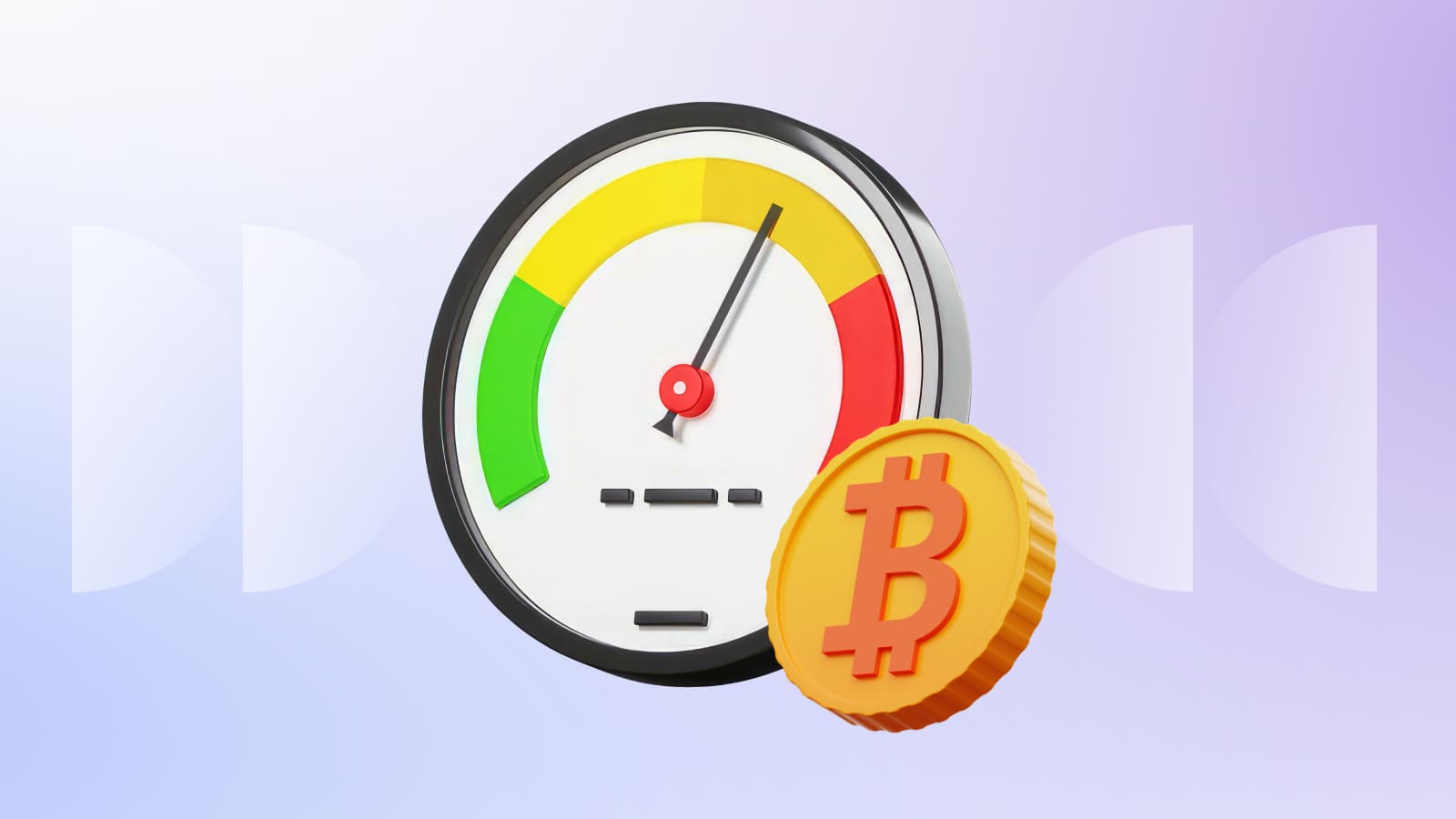
Child Pays for Parent (CPFP)
The method is available exclusively for Bitcoin. The «child» here is a new transaction, which is used to spend BTC received in the transaction of the previous one, even if not confirmed. The commission for it should be higher than for the old transaction. The expectation is that the miner will want to confirm the new, more profitable transaction. But to do so, the miner will have to confirm the old transaction first. This speeds up the entire transaction batch.
To use CPFP, you need a Bitcoin wallet that allows you to use this method. The feature is supported by many cryptocurrency wallets, which include Electrum, Exodus, Trezor, etc.
Increasing payment prioritization
To speed up the Bitcoin transaction process, it is promoted to the first place in the mempool. To do this:
- avoid transferring small amounts — with standard fees, they are processed last;
- use digital signatures (multi-signature) to convince the blockchain system that the payment is more secure;
- send an open transaction through a trusted server. At the same time, all information about the transfer is received by third-party observers.
Only in this way will the transaction attract miners, and they will rush to confirm it.
Transaction accelerators
If a Bitcoin transaction freezes, the sender can use an external gas pedal service. There are many of them on the Internet, both free (bitAccelerate.com, Blockchain.com, bitTools, bitNitro, Bitcoinjumper.com, pubtx.com) and fee-based (antPool, viaBTC). Transaction acceleration costs from $20. It is advantageous when transferring large sums.
Working with accelerators is simple. The sender inserts a transaction hash in a couple of clicks. The transaction will then move through the mempool until a miner is found to validate it. In the case of a free accelerator, that's all it takes, so it's recommended to use several of them at once. If the Bitcoin transaction booster is fee-based, the transaction fee will serve as an additional reward for the miner.
Choosing the Right Method
Before paying with bitcoin, the sender must correctly calculate the amount of the commission. Usually it is set by default at an average level. But many wallets (imToken, Atomic Wallet, Blockchain, etc.) allow to increase it. Such an increase is the easiest way to speed up Bitcoin transactions.
All others will require additional resources and technical skills. For example, to edit the size of the commission and create a new transaction based on the previous one, the wallet must support RBF and CPFP functions. The most dangerous thing about dealing with acelerators is the risk of falling into a fraudulent or unreliable website.
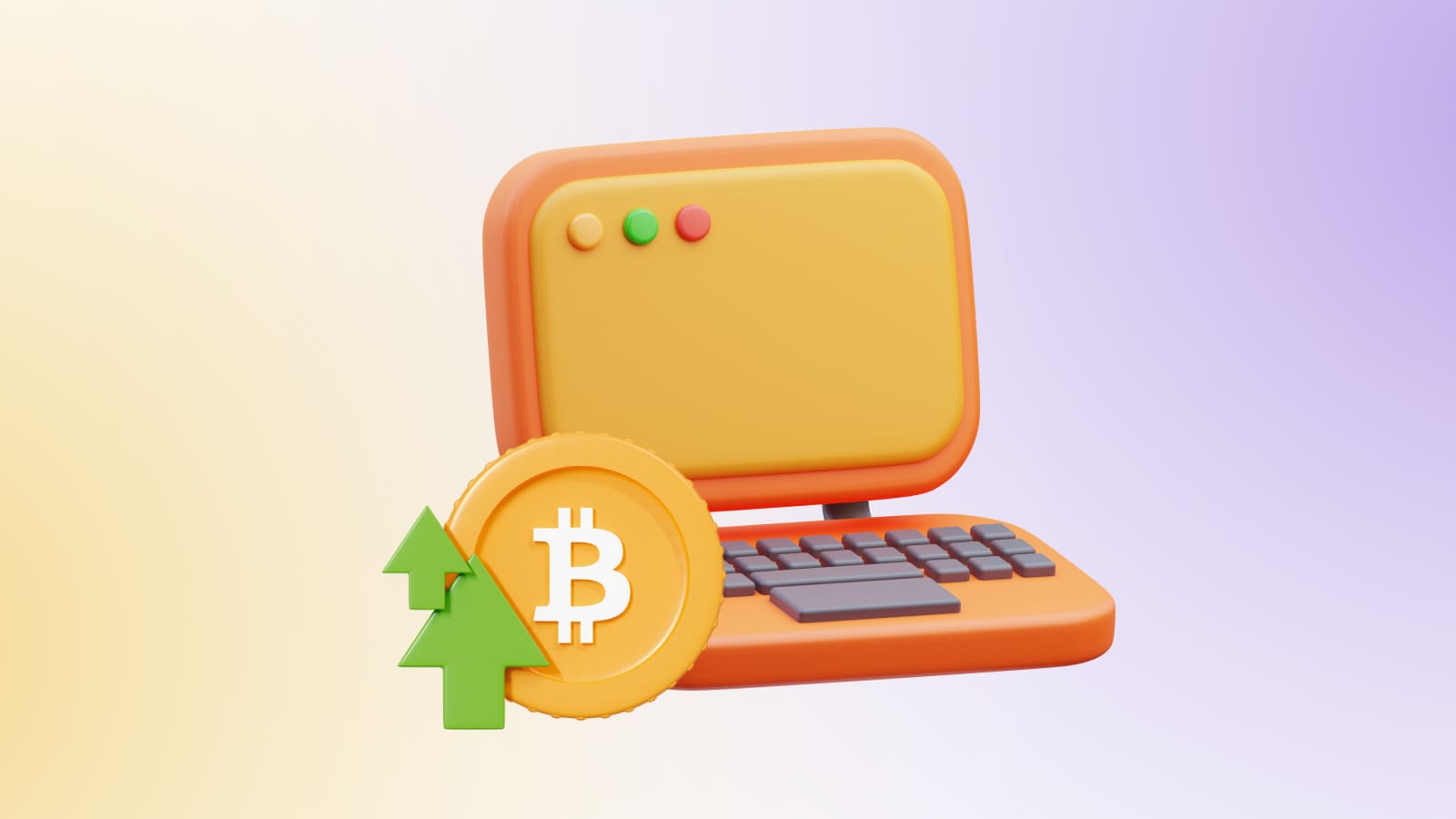
Therefore, before choosing a suitable service, you should carefully study its reputation, as well as visit the Bitcoin network community, where you can get information and recommendations on a particular situation. Also, do not forget that the effectiveness of all methods depends on the current load of the network.
So What Should a Sender Do?
The speed of a Bitcoin transaction directly depends on how profitable it is for miners. The size of the reward plays a major role. The higher the load on the network, the higher the transfer fee should be. A digital signature can also help: it reassures you that the sender is trustworthy.
If the transfer of Bitcoins to another wallet is small and not urgent, it is better to choose a time when there are few transactions.

